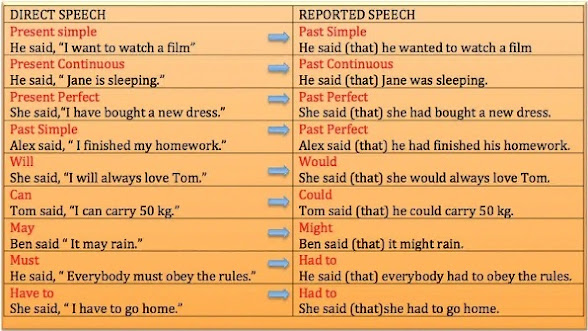1.4 CONDITIONAL CLAUSE
WHAT IS A CONDITIONAL CLAUSE?
A conditional
sentence refers to a hypothetical situation and its possible consequence.
Conditional sentences always contain a subordinate clause that expresses a
condition and a main clause indicating the outcome of this condition
Example: If it rains
tomorrow, the match will be canceled.
TYPES OF CONDITIONAL
CLAUSE
There are 4 main types
of conditional clauses. Refer the below chart.
Mixed conditional
Mixed conditional sentences use a
combination of the second and third conditionals. The first type of mixed
conditional is used to refer to an unreal past condition and its ongoing
consequence. Sentences that use the first type of mixed conditional contain two
clauses:
v A subordinate clause containing a verb in the past perfect
tense (as in a third conditional)
v A main clause with a modal verb (usually “would”) and
the infinitive form of the main verb (as in a second conditional)
Examples:
Type 1 mixed conditional SENTENCE.
v If
you had eaten your dinner, you wouldn’t be hungry.
v You would know there
was a meeting if you had read the email.
The second type of
mixed conditional sentence is used to describe an unreal past condition and its
past consequence. It’s formed using:
¨ A subordinate clause with a verb in the past subjunctive
form (as in a second conditional)
¨ A main clause containing a modal verb (usually
“would”) along with the auxiliary verb “have” and the past participle of
the main verb (as in a third conditional)
Examples:
Type 2 mixed conditional sentences.
¨ If
you paid attention in school, you would have learned more.
¨ I would have invited you
if I knew you were free.
Common mistake:
Adding “would” to the “if” clause
When using conditional sentences,
people sometimes add the modal verb “would” to the subordinate clause. While
“would” is often used in the main clause of second, third, or mixed conditional
sentences, it’s wrong to add “would” to the subordinate clause.
Ø Instead, subordinate clauses in the second conditional always
use the past subjunctive form, while subordinate clauses in the third
conditional always use the past perfect form.
Examples:
Modal verbs and conditionals
Ø If
you would drive
to work, you would arrive earlier. (wrong)
Ø If
you drove to work, you would arrive earlier. (correct)
Ø If
he would have asked first, I might
have agreed. (wrong)
Ø If
he had asked first, I might have agreed. (correct)
few
more examples of conditional clause
zero
conditional
v If you don’t eat, you become hungry.
v When you melt ice, it turns to water.
v If you get lost, call me.
v If you want to speak to a
sales representative, dial “1.”
first
conditional
v If Laura sleeps any longer, she will miss the bus.
v If
you don’t practice guitar,
then you won’t improve.
v I can drive Nick to
the airport if he needs a lift.
second
conditional
v If I were rich, then I would drive a different
car every day.
v If
Bill talked less, he could finish more tasks.
v Everyone would be unhappy
if the flight were delayed.
Third
conditional
v If you hadn’t burned the pie, it would have tasted delicious.
v If
Sander had studied more, then
he might have gotten a
better grade.
v I would have labeled the
files more clearly if I had known they
were important.
Video
reference in English and Tamil
ENGLISH
https://youtu.be/bX7nTzbhOe4?si=66QghYrb0YpqIRup
TAMIL
https://youtu.be/5QudeIqj6ks?si=3RqfaeAnYcPBuxwN






